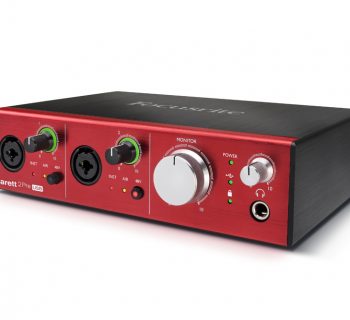On March 27, 2024, a federal court in Texas ruled in favor of Sony Music in a copyright infringement case against 20-year-old rapper Trefuego. The case concerned Trefuego’s Tik Tok hit titled "90mh" which had over 170 million Spotify streams. In the lawsuit Sony contended that “Trefuego simply stole Hinata’s musical composition and sound recording, using them without asking and without permission, all in flagrant violation of United States Copyright Laws.”
The court ruled last year that Trefuego was liable for copyright infringement., The March 27 ruling determined the amount of damages. The court ruled that Trefuego used an unlicensed sample (Sony holds the copyrights) from a Japanese composer’s instrumental. The judgement awarded Sony $802,997.23. The judge also stated that “Trefuego’s infringing conduct has and continues to severely damage and diminish the market for Hinata’s work by falsely inferring that he endorses and/or supports Trefuego’s use of 'Reflections' in '90mh.'”
The judge stated: “Sony pursued a reasonable, non-frivolous claim to vindicate infringement of it copyrighted work…The court hopes this case will serve as $802,997.23 lesson for defendant in carefully selecting the materials included in his raps.”
One would think one of Sony’s motivations to pursue this claim was to discourage illegal sampling by other artists.
Sony had requested a very broad permanent injunction to “permanently enjoin [Defendant] from copying. performing, or otherwise exploiting ‘90mp in any manner.”
‘The court denied Sony’s request for the permanent injunction stating, “Because the pleadings establish that damages would remedy any future harm, the Court denies the injunction Sony requests.” However, the court did hold that Trefuego was “permanently enjoined from copying, performing, or otherwise exploiting 90mp without (1) paying 50 percent of revenues connected to the 90 mp musical composition to Plaintiff Sony Music Publishing” as well as “20 percent of revenue connected to the 90mp sound recording” to Sony Music Entertainment.”
Trefuego evaded being served with the complaint. An interesting aspect of this case was that the Court allowed Sony to serve Trefuego via social media direct messaging (TikTok. Twitter, Soundcloud and Instagram). Usually, a defendant must be personally served with a lawsuit by having a process server or someone other than the plaintiff hand the complaint to the defendant. In this case Sony tried seven times to personally serve Trefuego and hired a private investigator. Sony even tried to serve him at his mother’s house on Mother’s Day and she claimed she did not know him!
Typically, if a defendant can’t be served after diligent efforts the court may allow service by publication in a legal newspaper.














